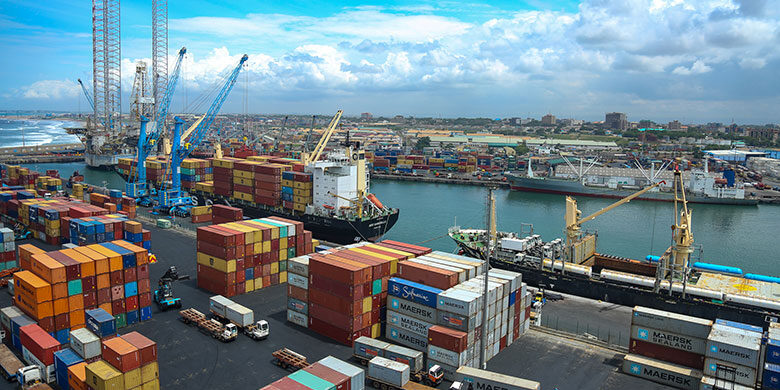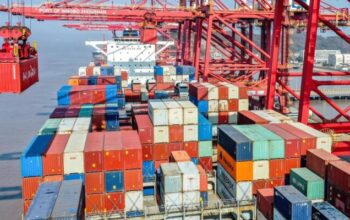Senegal, a country in West Africa, is experiencing significant economic growth and offers compelling reasons for foreign investors to consider investing in its emerging market. Here are five key factors that make Senegal an attractive investment destination:
- Competitive Economy: Senegal is the second-largest economy in French-speaking West Africa and has shown strong economic growth potential. After a slight slowdown in 2022, the country’s GDP is projected to jump to 8.3% in 2023 and further increase to 10.5% in 2024. Senegal’s macroeconomic stability, controlled inflation, moderate debt levels, and support from the international financial community contribute to its positive economic outlook.
- Attractive Business Climate: The Senegalese government has made significant efforts to improve the country’s business climate. It has streamlined processes for launching and running businesses, resulting in faster company formation, import/export operations, ownership transfers, and online tax returns and payments. Senegal has also implemented investment protection measures with partner countries worldwide, ensuring legal certainty, capital repatriation, expropriation guarantees, and compensation provisions. These initiatives foster a business-friendly environment and promote private-sector-led economic growth.
- Skilled Labor: Senegal boasts a young and vibrant population, with an average age of approximately 22 years and over 42% of the population under 15 years old. The country is known for the quality of its higher education programs and attracts a significant number of foreign students from across Africa each year. Senegal has recently introduced specialized Master’s degrees focused on renewable energy, indicating its commitment to developing a skilled workforce for various sectors.
- Modern Infrastructure: Senegal has made significant advancements in its transportation infrastructure. The country has a well-maintained road network, continuous urban mobility enhancements, toll motorways, and ongoing national road repairs. The modernization of the railway system, including projects like the Dakar-Bamako railway and the Dakar Regional Express Train, improves connectivity within and beyond Senegal. The Blaise Diagne International Airport serves as a regional and international mobility hub, easing congestion in Dakar, and promoting the development of a second economic center. Additionally, the strategic location of the Dakar Autonomous Port facilitates trade along key marine routes.
- Comprehensive Legal and Fiscal Frameworks: Senegal has established a legal and fiscal framework that encourages investment and supports economic growth. The Investment Code provides various benefits, including customs duty exemptions, VAT payment suspensions, and reduced Corporate Income Tax (CIT) rates for eligible investments. The country also offers the Special Economic Zone, which provides preferential tax treatment and specific advantages for companies operating in the mining and petroleum sectors. These frameworks create a favorable environment for businesses and enhance the attractiveness of Senegal as an investment destination.
Senegal’s rising economy, competitive business climate, skilled labor force, modern infrastructure, and comprehensive legal and fiscal frameworks make it an appealing choice for international investors seeking new opportunities. Attending events like the MSGBC Oil, Gas, & Power 2023 conference provides a platform to explore investment prospects in the region and engage with industry experts.
![]()




